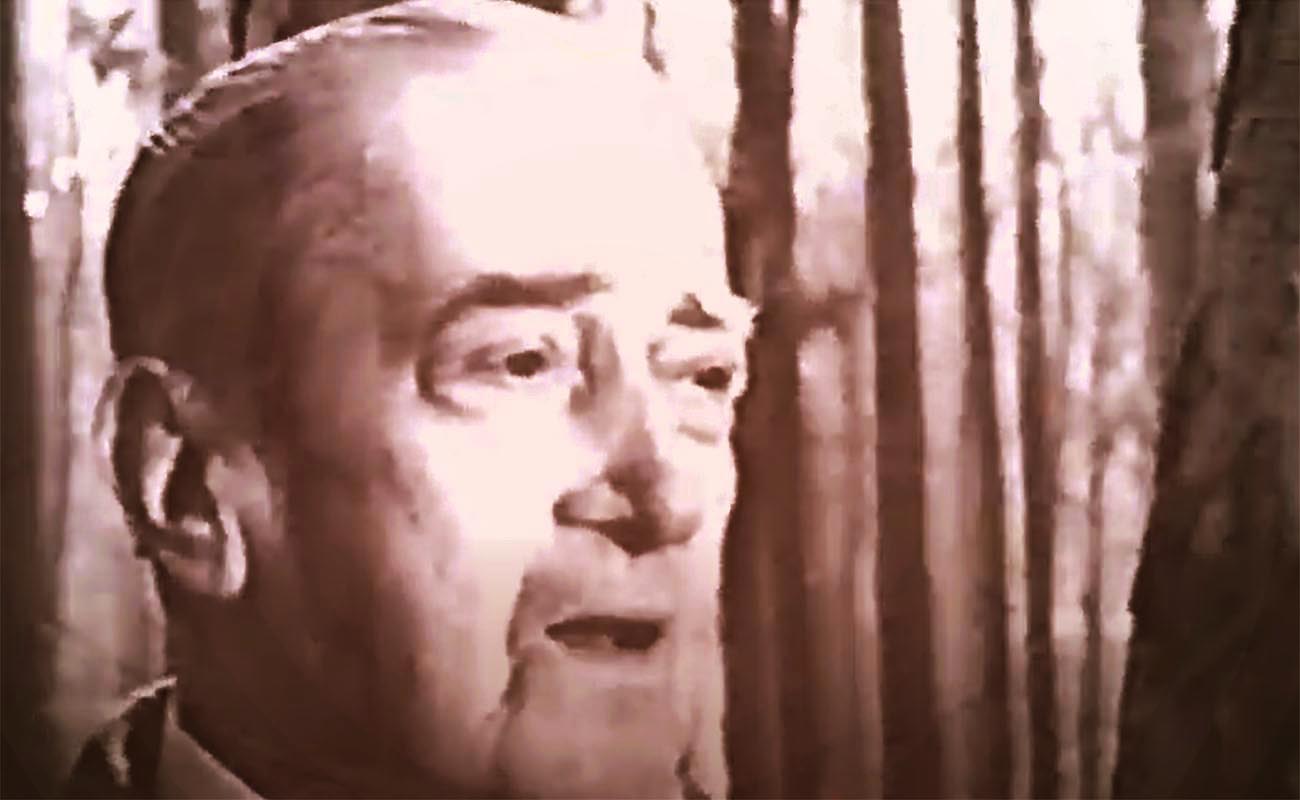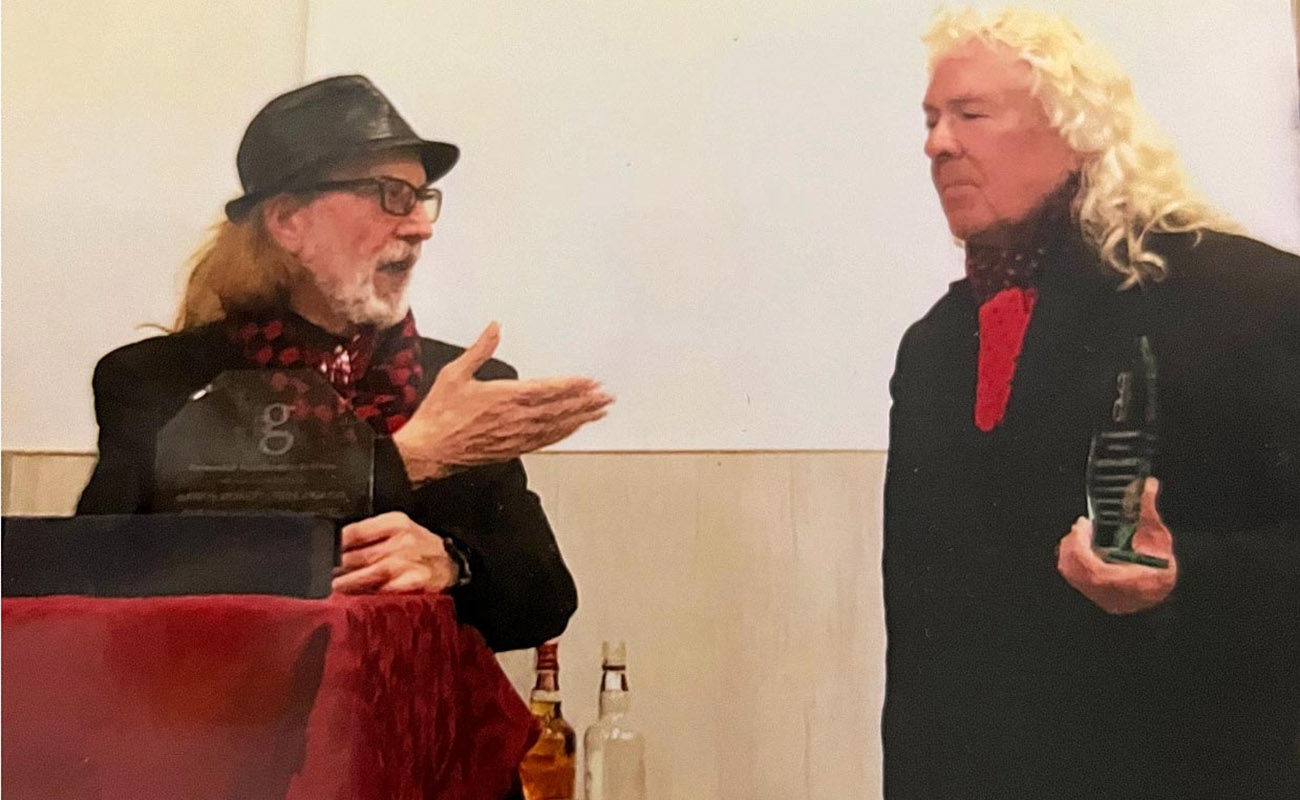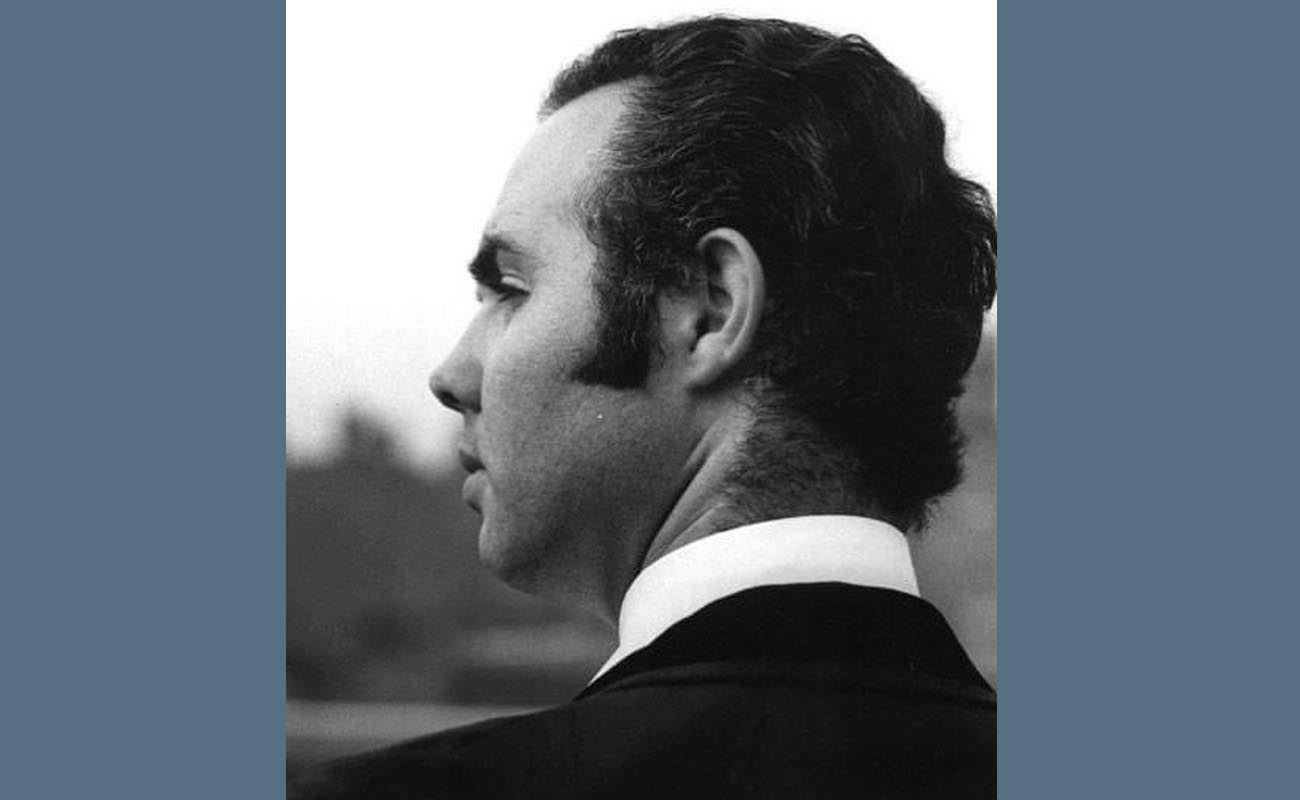Bernardo el de los Lobitos, innovative maestro
That way of singing Bernardo had, so respectful of the roots, is barely represented nowadays by scarcely a handful of die-hard followers.

In the 1950s and 60s, the first anthology of flamenco singing, published in France by Ducretet Thomson, and later on in Spain by Hispavox, was the great flamenco resource for us young followers of the art-form with limited access to recordings, much less cante recitals. Cult figures such as Antonio Mairena, Manolo Caracol and Fosforito among others would soon come along dominating the flamenco landscape of the era. The young dynamic duo of Camarón and Paco de Lucía existed, each on his own, though they were not yet in full professional circulation.
An older man, with fragile physical appearance and a delicate voice, had taken part in the Hispavox anthology interpreting some song-forms of relatively little importance, although the quality of “importance” always depends on the singer’s interpretation. Bernardo el de los Lobitos (Alcalá de Guadaira, 1887-Madrid, 1969), was assigned verdiales, sevillanas corraleras and nanas, lesser forms, in addition to the nearly obsolete forms, marianas and cantes de trilla. Singers of the era remark on his vast knowledge, and a professional history that includes the heyday of the cafés cantante and tours with Chacón, Pastora Pavón and Vallejo, as well as his extended presence at major Madrid tablaos. But the memory of his voice is forever linked to the above-mentioned “palos” (in quotes, because people of my generation dislike this neologism of the 1970s).
It’s surprising to find that Bernardo Álvarez Pérez, his real name (which also passed through the mutation “Niño de Álcala”), was known for being one of the most innovative singers of bulerías at a time when this form, destined to occupy a place of honor in the flamenco repertoire, was being defined.
The nickname “de los Lobitos” comes from a verse of bulerías he used to sing:
Anoche soñaba yo
que los lobitos me comían
y eran tus ojitos negros
que me miraban y me decían
Por Dios no me desampares
que yo he perdido la calor
de mi pare y de mi mare*
*Last night I dreamt little wolves were devouring me, but it was your dark eyes looking at me, saying, ‘for the love of God, don’t abandon me, I’ve lost the warmth of my father and mother’
Bernardo’s delivery is sweet, without being cloying, despite his having come of age during the so-called “ópera flamenca”, bittersweet as life itself. Evocative. Granada flamenco singer Juan Pinilla, holder of the prestigious Lámpara Minera prize, and admirer of Lobitos, tells me the singer has an ardent following in Granada thanks in part to the influence of Cobitos, Manuel Celestino Cobos (Jerez de la Frontera, 1896-Granada, 1986), who lived 60 years in Granada. Pinilla also points out Bernardo’s aesthetic sense that dignified flamenco, and was a strong influence in Morente who knew him well and lived with him in Madrid, causing the young singer to have a clear concept of the elder one’s personality and interpretation.
Also noteworthy is the work of Bernardo el de los Lobitos, like that of José Menese, in the recuperation of rare forms, little interpreted or nearly forgotten, and which served as the basis for younger singers to develop.
According to Manuel Ríos Ruiz, Bernardo was always at the forefront of new tendencies, and surprisingly Pinilla says he had a strong sense of rhythm during an era in which this was not common except for a very few.
Juan Pinilla ended our conversation with pessimistic words about the new aesthetics of flamenco: “That way of singing Bernardo had, so respectful of the roots, is barely represented nowadays by scarcely a handful of die-hard followers”.




